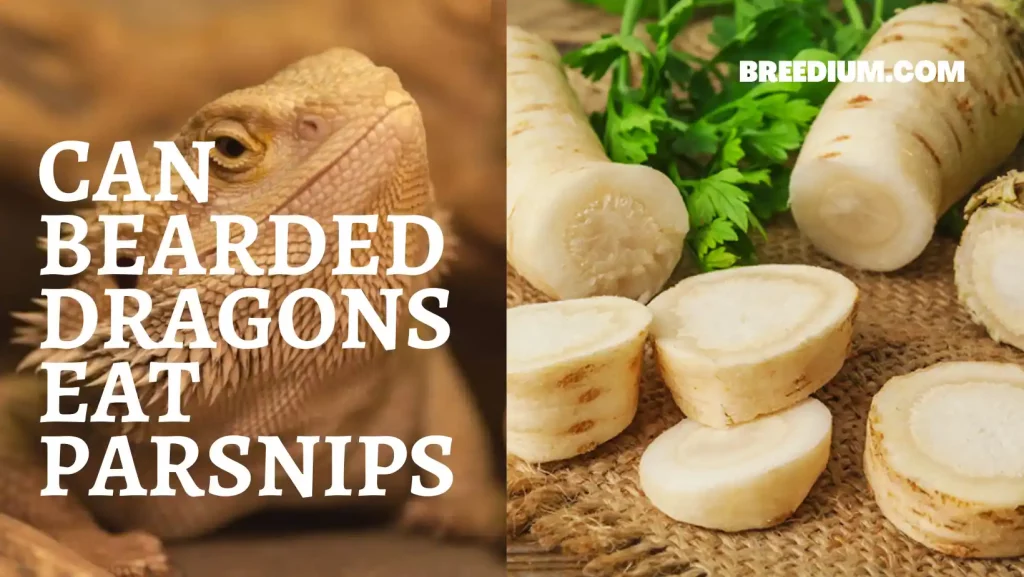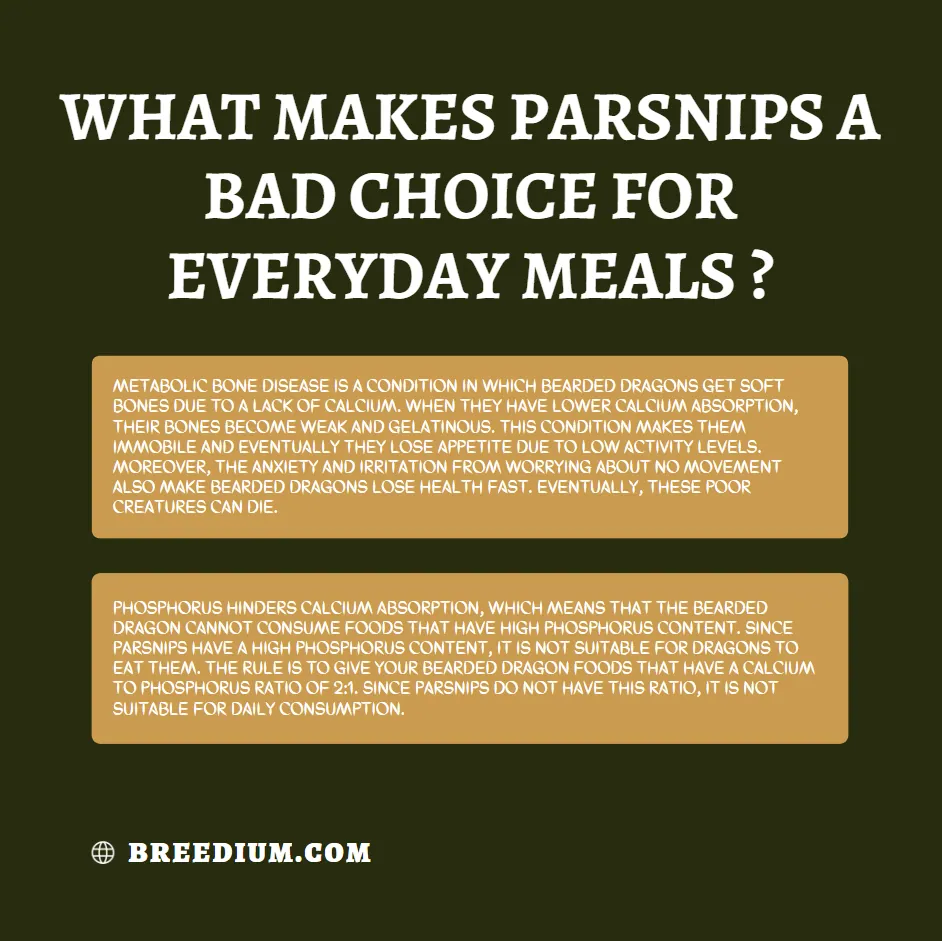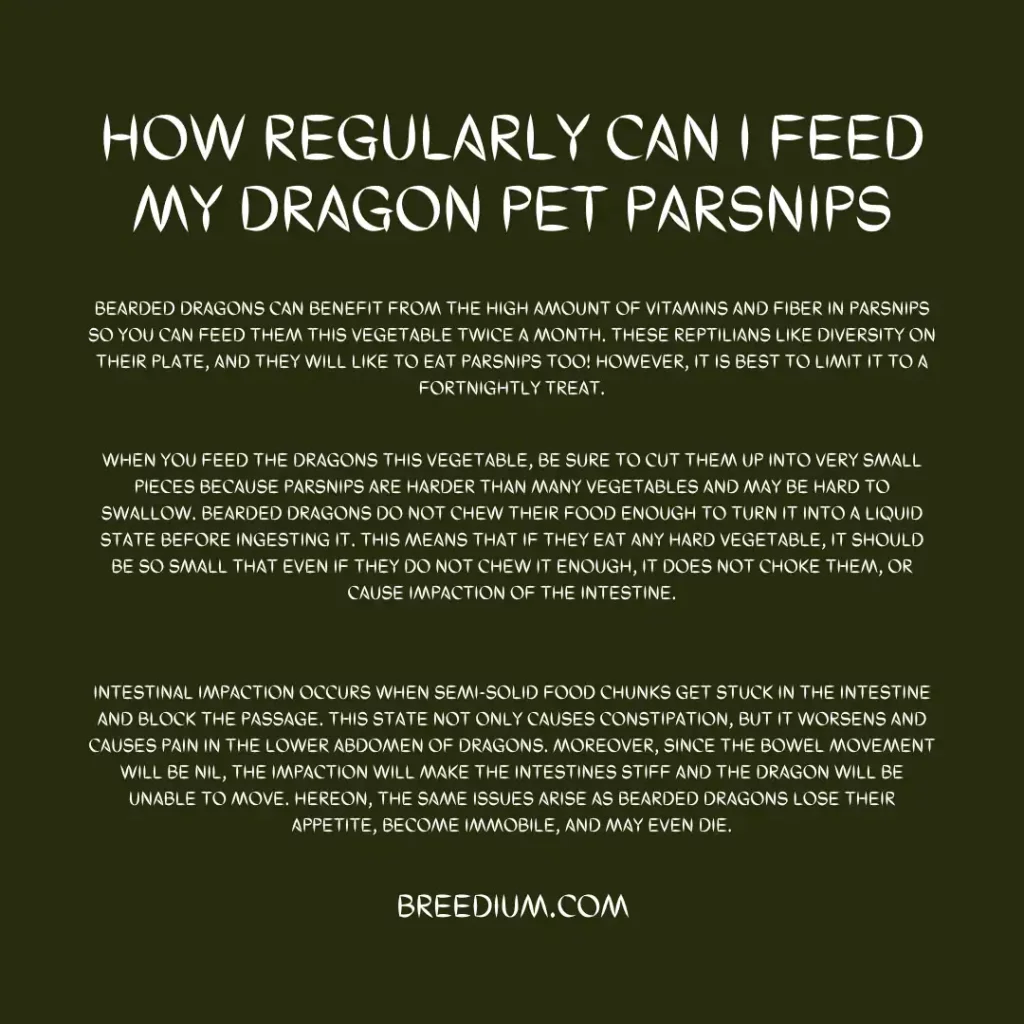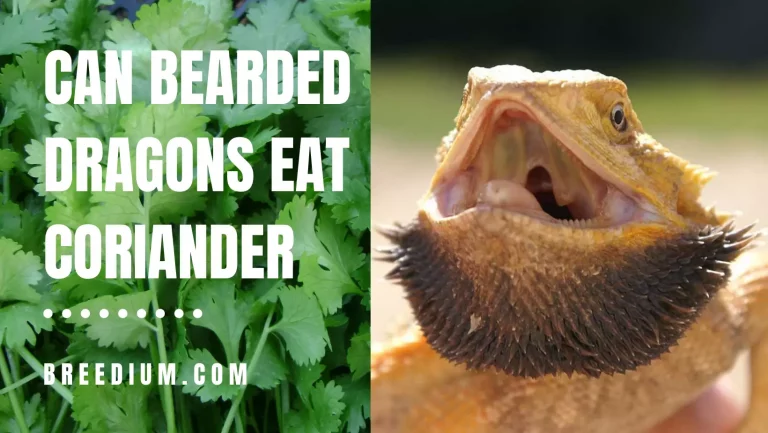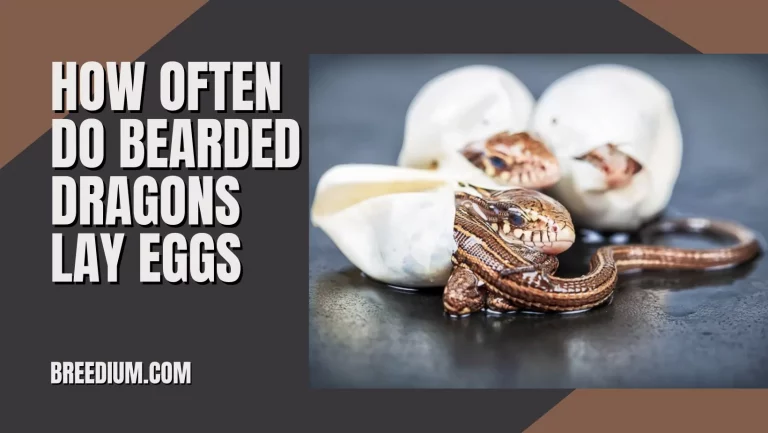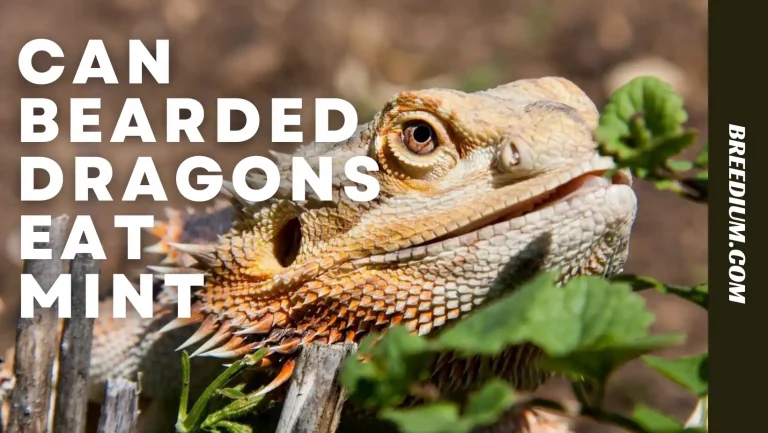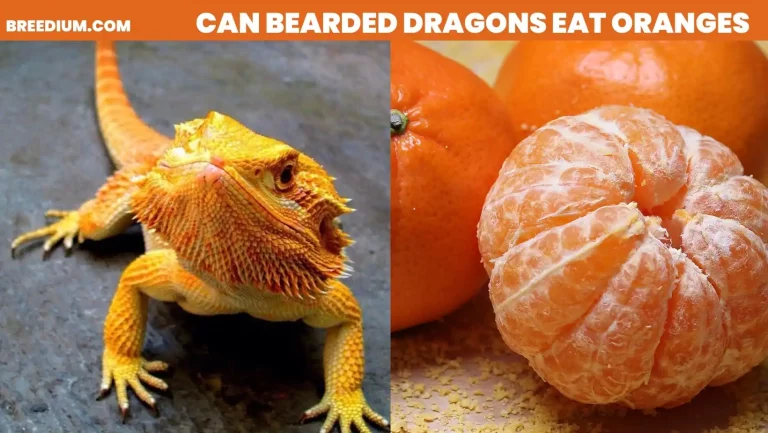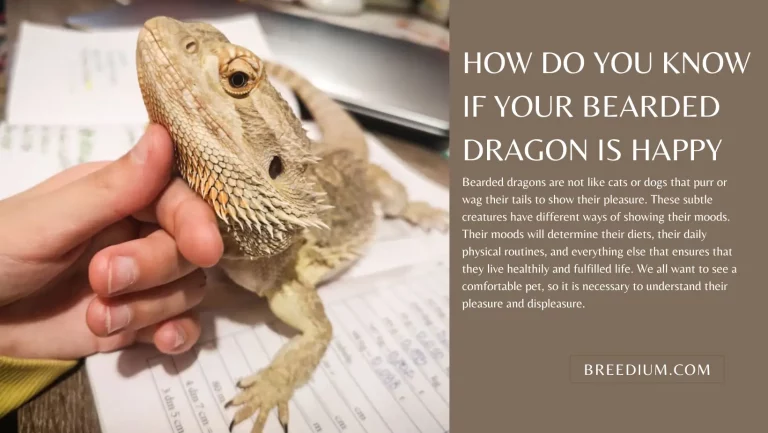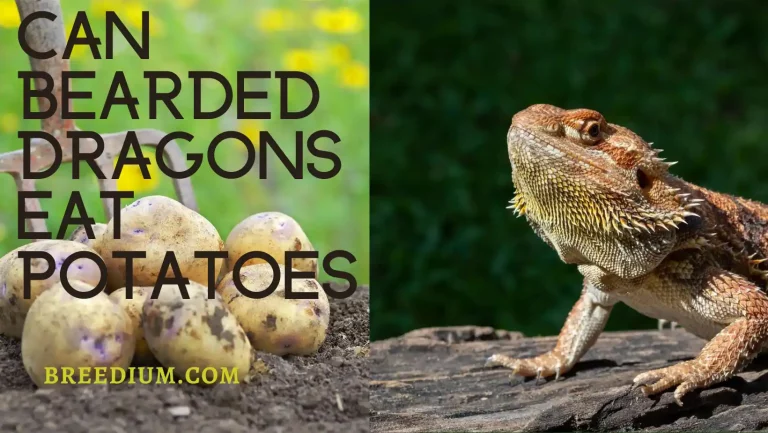Can Bearded Dragons Eat Parsnips? | Safe Diet Addition? 2024
Parsnips are a healthy vegetable and most people love to include them in their daily routines. Whether you are a soup person or you like salads, you must’ve tried parsnips and liked them. However, can bearded dragons eat parsnips? Let’s find out the answer to this question by getting to know more about the needs of dragons and also understanding what kind of nutrients make any vegetable unhealthy for these creatures.
Bearded dragons are not as expressive as other animals. Moreover, they do not express their discomfort easily so owners have to remain vigilant in feeding them the right things. The main nutrients and the individual impact of these main food classes are all integral information for us. If you want to see your pet dragon thrive, make sure that you give them the right things to eat.
Can Bearded Dragons Eat Parsnips
Bearded dragons are going to love parsnips too, however, they cannot eat them regularly because of the unbalanced calcium and phosphorus content. This unbalanced proportion means that the dragons cannot absorb calcium, which can lead to many dangers. Bearded dragons need calcium and protein as the main nutrients.
Protein is the building block that helps build muscles. If the bearded dragon does not have enough muscle mass, it will become weak, and eventually, as its body will not be able to support the weight of bones, the dragon will become immobile. Similarly, calcium is an essential building material for bones. If the bearded dragon does not get enough calcium, it can get weak and the same thing will happen-bearded dragon will be unable to move, and eventually, it will die because of mental stress and anxiety.
What Makes Parsnips A Bad Choice For Everyday Meals
Metabolic Bone Disease is a condition in which bearded dragons get soft bones due to a lack of calcium. When they have lower calcium absorption, their bones become weak and gelatinous. This condition makes them immobile and eventually they lose their appetite due to low activity levels. Moreover, the anxiety and irritation from worrying about no movement also make bearded dragons lose health fast. Eventually, these poor creatures can die.
Phosphorus hinders calcium absorption, which means that the bearded dragon cannot consume foods that have high phosphorus content. Since parsnips have a high phosphorus content, it is not suitable for dragons to eat them. The rule is to give your bearded dragon foods that have a calcium-to-phosphorus ratio of 2:1. Since parsnips do not have this ratio, it is not suitable for daily consumption.
How Regularly Can I Feed My Dragon Pet Parsnips
Bearded dragons can benefit from the high amount of vitamins and fiber in parsnips so you can feed them this vegetable twice a month. These reptilians like diversity on their plate, and they will like to eat parsnips too! However, it is best to limit it to a fortnightly treatment.
When you feed the dragons this vegetable, be sure to cut them up into very small pieces because parsnips are harder than many vegetables and may be hard to swallow. Bearded dragons do not chew their food enough to turn it into a liquid state before ingesting it. This means that if they eat any hard vegetable, it should be so small that even if they do not chew it enough, it does not choke them, or cause impaction of the intestine.
Intestinal Bearded Dragon Impaction occurs when semi-solid food chunks get stuck in the intestine and block the passage. This state not only causes constipation, but it worsens and causes pain in the lower abdomen of dragons. Moreover, since the bowel movement will be nil, the impaction will make the intestines stiff and the dragon will be unable to move. Hereon, the same issues arise as bearded dragons lose their appetite, become immobile, and may even die.
Which Other Vegetables Can I Give With Parsnips
Since parsnips are high in phosphorus, but they are tasty too, try and add calcium-rich veggies and fruits to the plate when you serve this food item. Bearded dragons will end up having a balance of high calcium, and the phosphorus in parsnips will automatically decrease with respect to the calcium quantity consumed. This way, bearded dragons can keep enjoying this vegetable without them becoming a health concern.
The other vegetables that are high in calcium are mustard greens, collard, coriander, and turnip greens. Do remember that these vegetables also have a hard texture so you will have to cut them up into small pieces. Leaves of mustard and turnips can be chopped in small portions for easy swallowing and better absorption of nutrients in the food.
Bearded dragons have a slow metabolism, so the smaller chopped pieces of food also give the advantage of quick absorption of nutrients as the cell walls break down by chewing more easily when the food is in small pieces. Also, check out Can Bearded Dragons Eat Arugula, you may find it useful.
Frequently Asked Questions
Will my bearded dragon become weak if they eat foods with less calcium?
Yes, bearded dragons become weak because their bones become soft and they are unable to hold their bodies up. When this happens, the dragon stops moving and that means a drop in appetite. When any living creature stops eating and moving, it becomes weak.
Can I cook parsnips and feed my bearded dragon?
Yes, you can boil this vegetable and mash it down so that the bearded dragon can eat it without having to chew it a lot.
Conclusion
Bearded dragons cannot eat parsnips daily therefore, you must feed this vegetable only twice a month. Be sure to add other vegetables to the plate so that your pet dragon stays healthy and enjoys a colorful meal. Many pet owners do not understand the nutritional value of every vegetable so it is best to know what will suit your dragon and what can harm them. Also, have a look at Can Bearded Dragons Eat Watercress.

I hope that you all find my work as invigorating as it is for me. I combined my passion to write, with my love for breedium and that makes it possible to share all kinds of knowledgeable things based on experiences with new bearded dragon owners!

